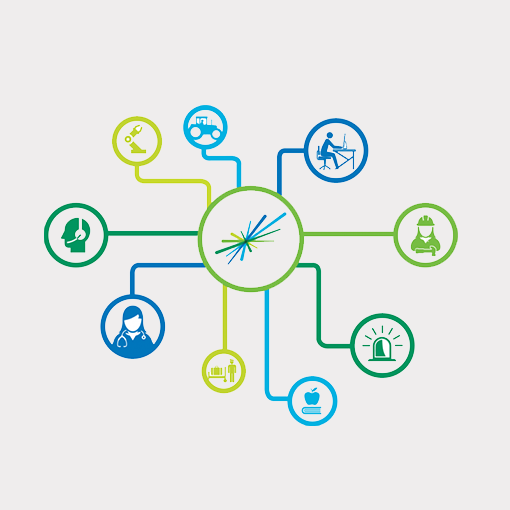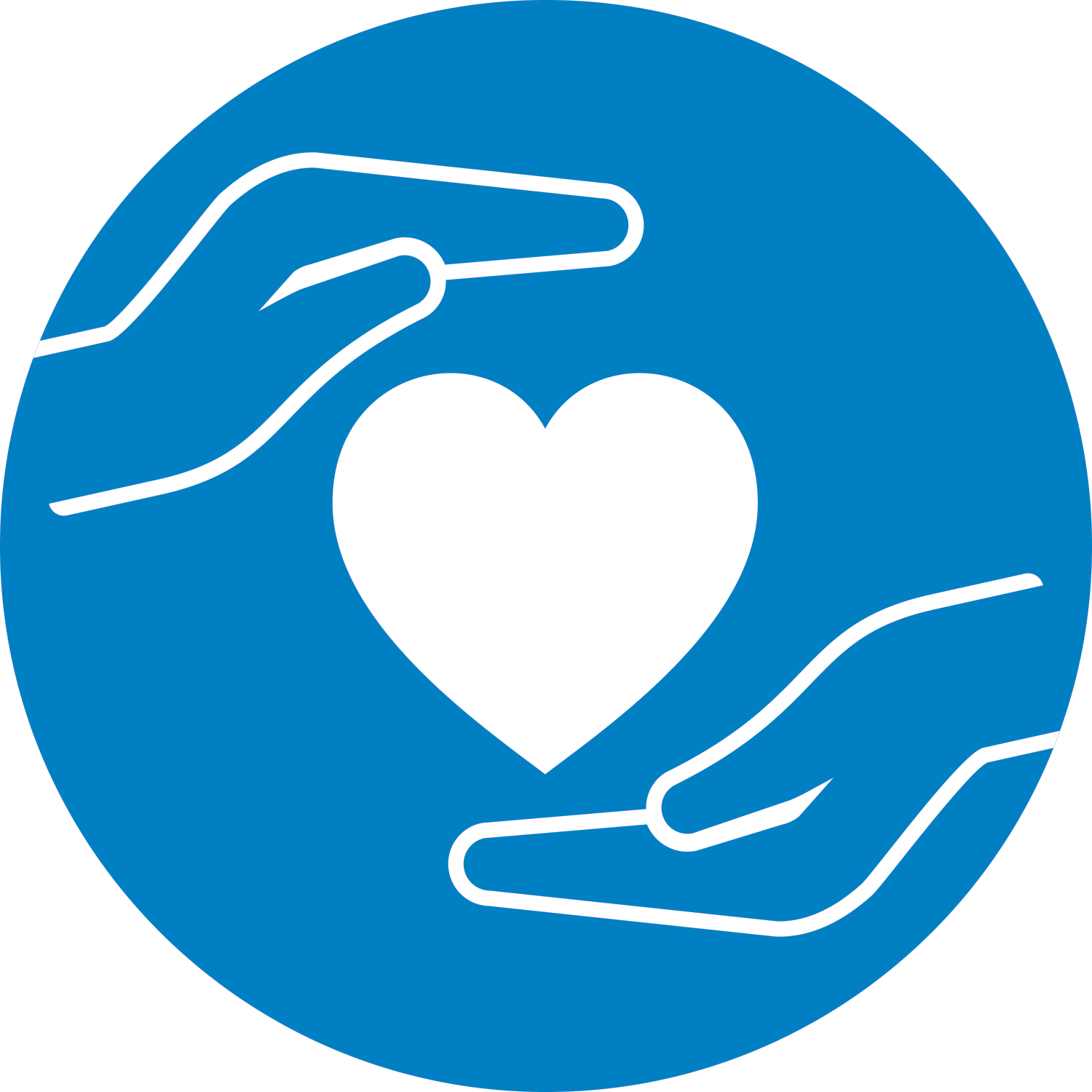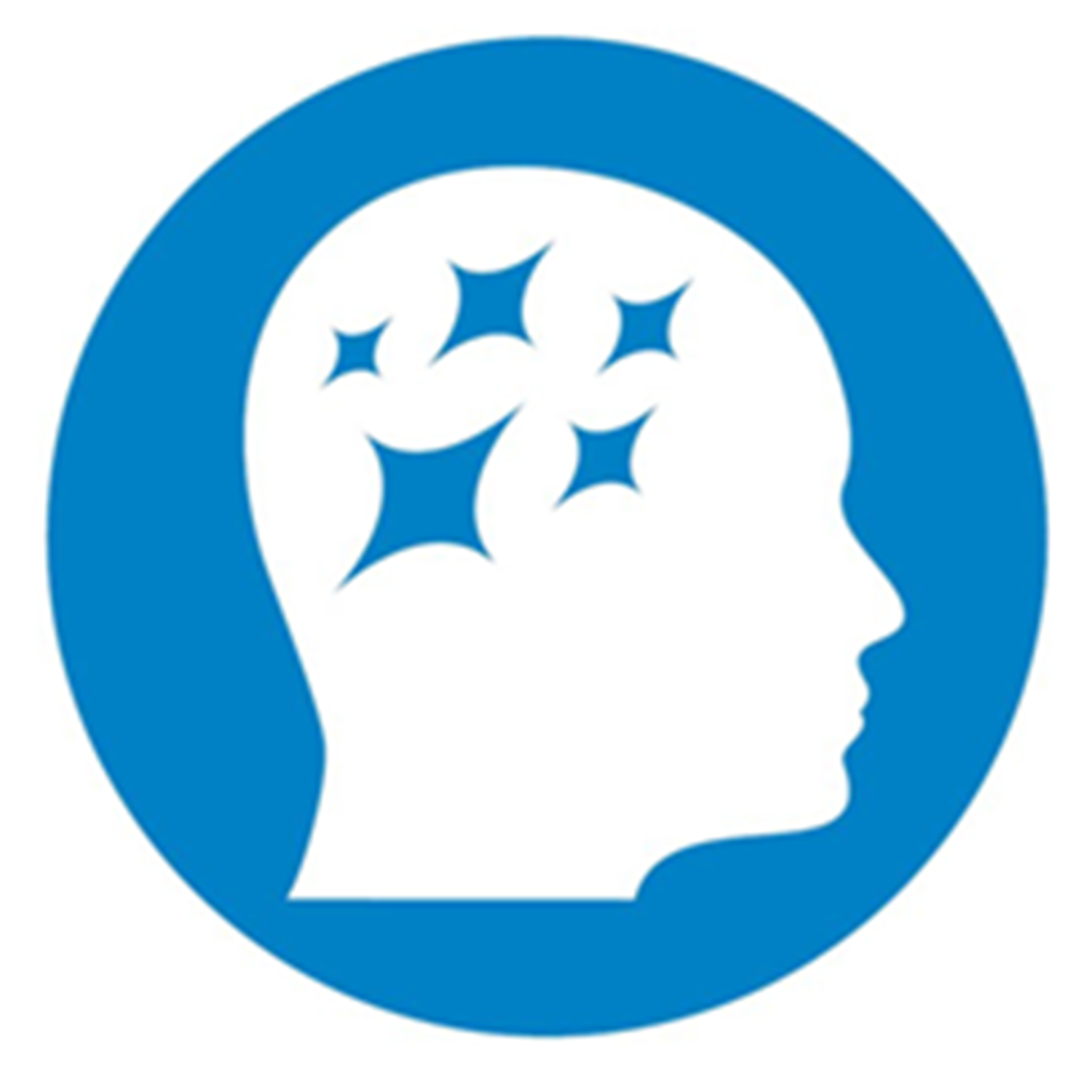
Cannabis and Mental Health course and mentor guide
Created by youth for youth, the free course gives young people the skills to start conversations and be better informed about cannabis and its use, including harm reduction strategies and the impacts of legalization. The mentor guide is meant to help educators, peer support workers, parents, and youth allies navigate conversations with youth about mental health and substance use health. These free online resources can help you understand the link between cannabis use and mental health.
e-Mental Health e-Modules
To help expand the use of e-mental health services, the Mental Health Commission of Canada developed four online learning modules based on our Toolkit for E-Mental Health Implementation, in collaboration with the Centre for Addiction and Mental Health. These interactive modules give providers, managers, and leaders knowledge, skills, and strategies to integrate e-mental health services into daily practice and support the implementation of effective, person-centred e-mental health projects. Read more
Online training in workplace psychological health and safety
Free online training to help you implement the Standard and learn more about how you can contribute to positive mental health at work.
Suicide: Facing the Difficult Topic Together
A free course designed to equip health care providers with the skills and confidence to have conversations with patients about suicide (accredited for continuing professional development). Developed by the MHCC, in partnership with the Canadian Association for Suicide Prevention and HealthCareCAN.


SPARK
It can take several years to turn research findings into best practice, a process known as knowledge translation.
SPARK training helps providers use evidence much more quickly to improve mental health and substance use outcomes.
If you’re in the mental health or addictions field and have knowledge you’d like to put into action, we invite you to apply for our next SPARK workshop.
Structural Stigma in Health Care


Understanding Stigma
The stigmatization of people living with mental health and addiction problems is all too common in Canada, including in healthcare environments. People with lived experiences of mental health and addiction problems often report feeling devalued, dismissed and dehumanized by many of the healthcare professionals with whom they come into contact. The Mental Health Commission of Canada adapted the Understanding Stigma course based on an in-person workshop created by mental health and addiction professionals under the leadership of the Central Local Health Integration Network. This free self-directed course is available in both official languages and consists of three modules that focus on raising awareness, the impacts of stigma, and challenging stigma and discrimination. The course is available on www.understandingstigma.ca.